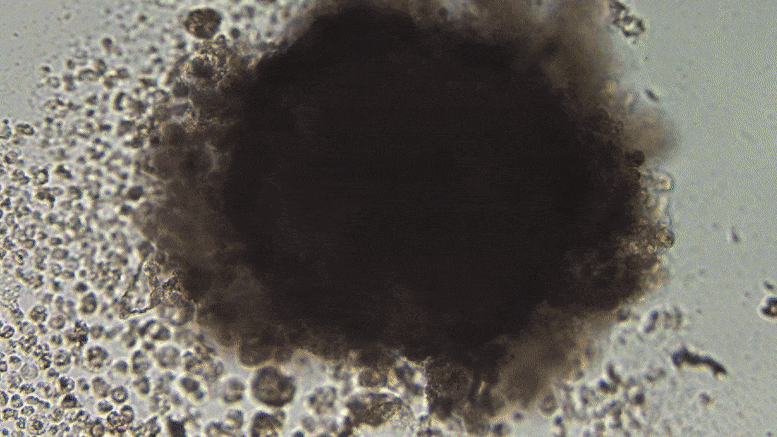
How it works is the subject of a major discovery by a multidisciplinary team of University of Louvain (UCLouvain) researchers, who have just elucidated the biochemical mechanism that allows DHA and other related fatty acids to slow the development of tumors.
In 2016, Olivier Feron’s UCLouvain team, which specializes in oncology, discovered that cells in an acidic microenvironment (acidosis) within tumors replace glucose with lipids as an energy source in order to multiply.Feron that they combine their skills in a research project, led by PhD candidate Emeline Dierge, to evaluate the behavior of tumor cells in the presence of different fatty acids?
Hungry for fatty acids, tumor cells in acidosis gorge themselves on DHA but are unable to store it correctly and literally poison themselves.
Thanks to the support of the Fondation Louvain, the Belgian Cancer Foundation and the Télévie telethon, the team quickly identified that these acidotic tumor cells responded in diametrically opposite ways depending on the fatty acid they were absorbing.“We soon found that certain fatty acids stimulated the tumor cells while others killed them,” the researchers explained.
The poison acts on tumor cells via a phenomenon called ferroptosis, a type of cell death linked to the peroxidation of certain fatty acids.The greater the amount of unsaturated fatty acids in the cell, the greater the risk of their oxidation.
Normally, in the acidic compartment within tumors, cells store these fatty acids in lipid droplets, a kind of bundle in which fatty acids are protected from oxidation.
But in the presence of a large amount of DHA, the tumor cell is overwhelmed and cannot store the DHA, which oxidizes and leads to cell death.
For their study, UCLouvain researchers used a 3D tumor cell culture system, called spheroids.“For an adult,” the UCLouvain researchers stated, “it’s recommended to consume at least 250 mg of DHA per day.
June 8, 2021June 8, 2021June 8, 2021June 8, 2021